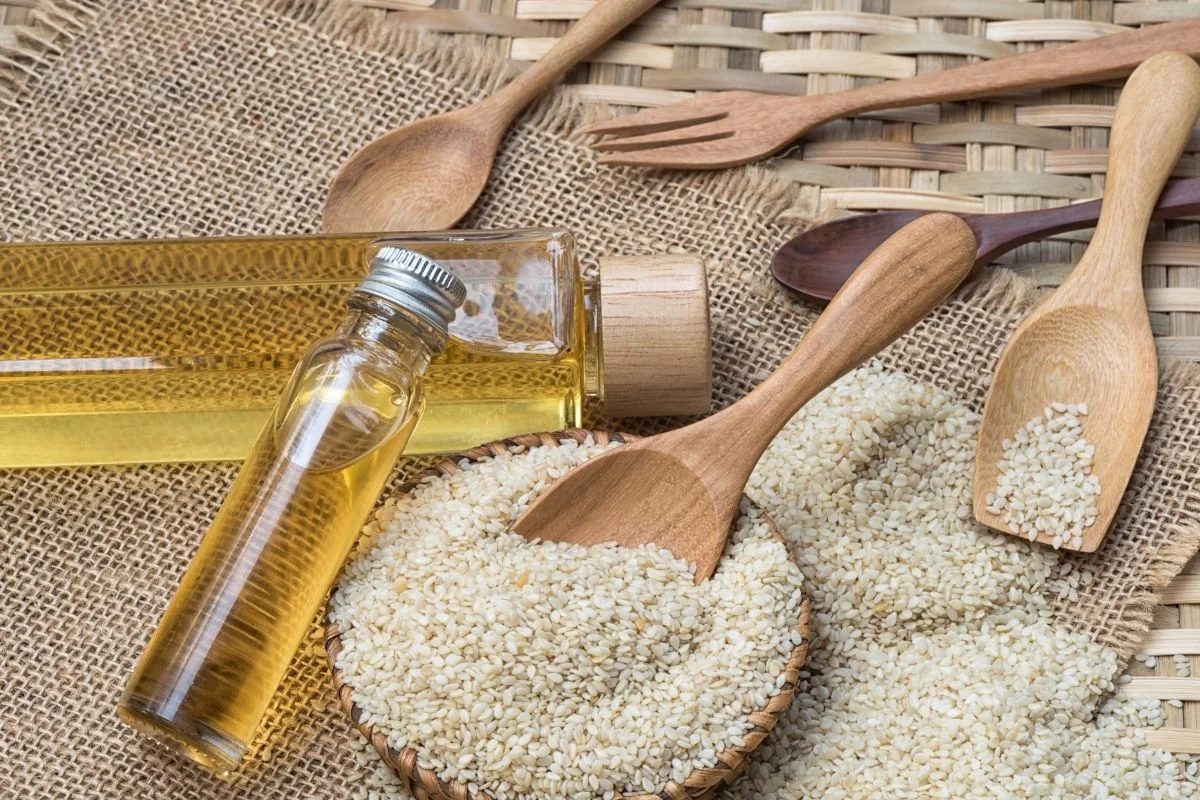Sesame seeds are small but mighty! They are nutritional powerhouses that offer a long list of health benefits. From improving heart health to enhancing skin and hair quality, there are many reasons to add sesame seeds to your diet. Keep reading to learn more about the benefits of eating sesame seeds and how you can add them to your meals.
Benefits of eating sesame seeds
- Sesame seeds are high in calcium, iron, and zinc
- They can help regulate blood sugar levels
- Studies show that eating sesame seeds may reduce the risk of heart disease
- One tablespoon of sesame seeds contains 190mg of omega-6 fatty acids which is good for the skin and hair
- Eating a handful of sesame seeds can help you feel fuller longer (and therefore eat less)
- Sesame oil has been used as an anti-inflammatory agent for centuries because it’s rich in minerals like copper, iron, magnesium, manganese, selenium and zinc
- Anti-ageing properties
- Boosts Dental Health
- Stabilizes your blood pressure
- Helps Fight Stress and Depression
How to consume sesame (White Til)
- They can be eaten as a snack or ground into tahini paste which is delicious on toast
- Roasted sesame seeds make an excellent garnish for many dishes including soups and salads
- Add them to your favorite stir fry recipe for added flavor
- Sprinkle some roasted sesame seed over your morning oatmeal or yogurt with fruit to give it a little extra crunch!
- Try making Til(Sesame) mawa laddu
You can try TIL KHOYA LADDU RECIPE 100% SIMPLE | Indian Til Ki Khoya Laddu Recipe | Easy Cooking with Ruhi
Conclusion
All in all, eating sesame seeds is a great way to improve your health. They’re low-cost, easy to add to your diet, and provide many health benefits. Sesame seeds are a great source of essential minerals like magnesium, potassium, zinc, and selenium. They also contain vitamins B1, B2, B3, and E. Additionally, they have high levels of antioxidants that can protect your body against disease. So what are you waiting for? Add some sesame seeds to your next meal!




